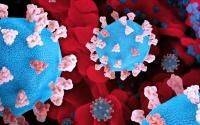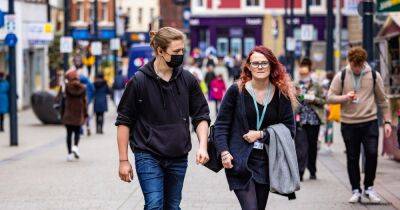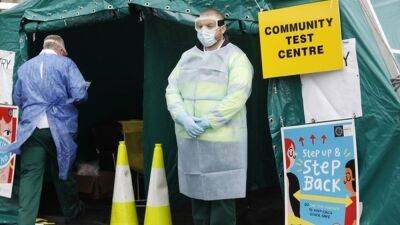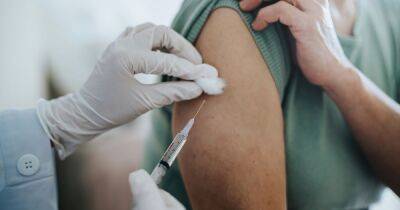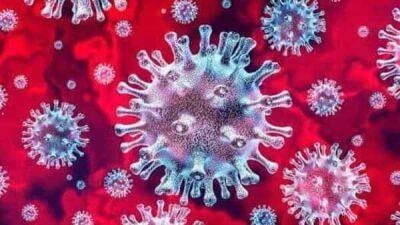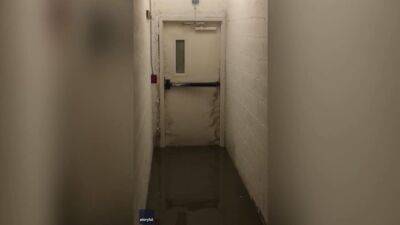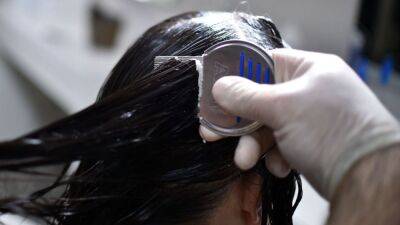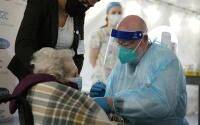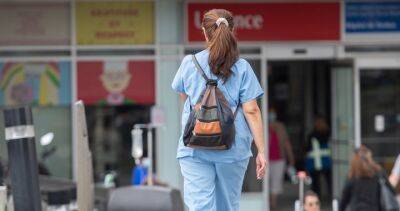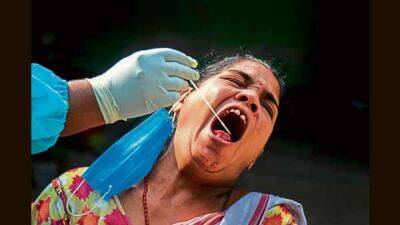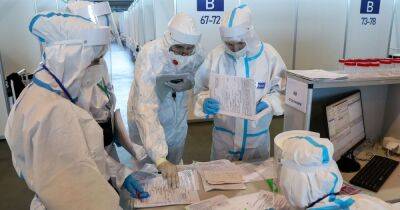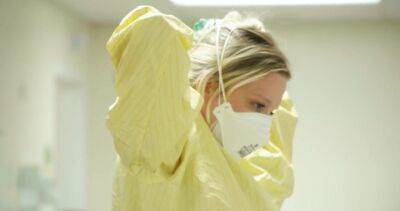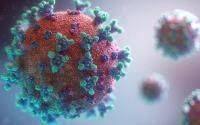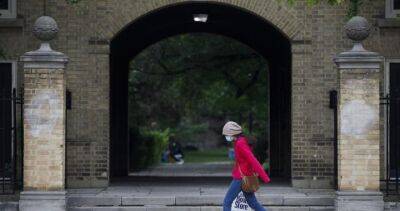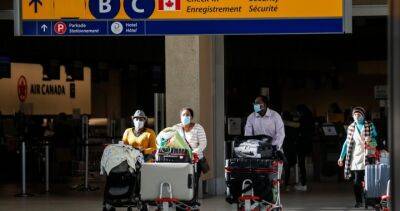COVID-19 vaccines protect against severe outcomes but less so over time
A pair of studies published yesterday in JAMA show that COVID-19 vaccines offer good protection against severe illness and death, but with one finding waning effectiveness against milder disease, Omicron infection, and hospitalization after a few months—even in previously infected and boosted participants.Less effective against Omicron infectionUniversity of North Carolina researchers led a study of the state's 10.6 million residents from Mar 2, 2020, to Jun 3, 2022, comparing outcomes among those who completed a primary COVID-19 vaccine series versus those who remained unvaccinated.The median age was 39 years, 51.3% were female, 71.5% were White, 9.9% were Hispanic, and 67% were vaccinated by the end of the study.
A total of 2,771,364 infections occurred, with a hospitalization rate of 6.3% and a death rate of 1.4%.Seven months after the first of the two doses in the primary series, estimated two-dose vaccine effectiveness (VE) of the Pfizer/BioNTech vaccine was 54.3% against infection, 85.8% against hospitalization, and 89.6% against death.
Five months later, its estimated VE was 37.5% against infection, 58.8% against hospitalization, and 75.2% against death.Estimated VE of the Moderna vaccine at 7 months was 69.2% against infection, 89.8% against hospitalization, and 93.0% against death after two doses.
Five months later, its estimated VE was 47.2% against infection, 64.7% against hospitalization, and 69.6% against death.For the Johnson & Johnson (J&J) vaccine—whose primary series is just one dose—estimated VE 7 months after that dose was 60.2% against infection, 69.7% against hospitalization, and 76.7% against death.
